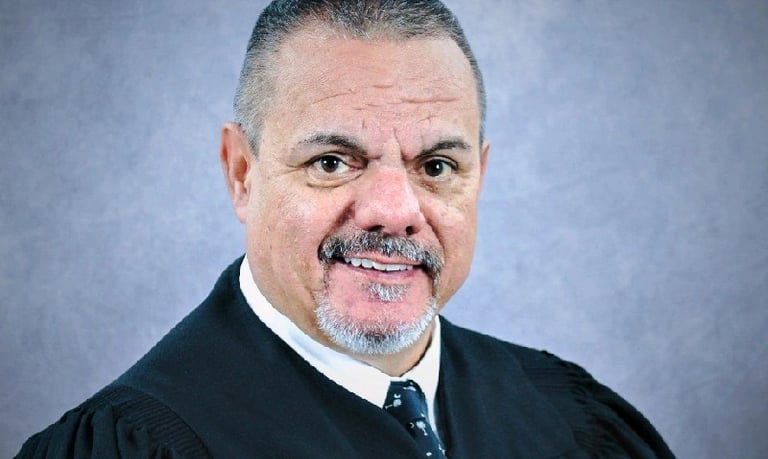Allegations of Extreme Bias and Overreach by Probate Judge Danny Singleton Drives Bid for Venue Change
OCONEE PROBATE COURT


The petitioner highlights an unsettling instance where, in a status conference held in October 2023, the presiding judge allegedly exerted undue pressure to enforce a settlement, an act that the petitioner argues threatens the very principle of voluntary agreement.
In Oconee County, the probate case over the estate of late Doyle Elton Pierce has taken a dramatic turn. Petitioner Mrs. Pierce, the widow of Doyle Pierce has launched a motion for a change of venue, citing extreme bias and judicial misconduct by Judge Danny Singleton that potentially compromises the essence of an impartial trial.
The appeal for a move to Anderson County, grounded in South Carolina's legal statutes, emphasizes deep-seated concerns about the local court's capability to administer a fair and neutral trial. The petitioner highlights an unsettling instance where, in a status conference held in October 2023, the presiding judge allegedly exerted undue pressure to enforce a settlement, an act that the petitioner argues threatens the very principle of voluntary agreement. Adding to his coercive tactics, Judge Singleton purportedly made dismissive observations regarding the estate's duration in probate, negatively contrasting it with the length of Mrs. Pierce's marriage to the decedent, underlining remarks that suggest a personal bias.
Challenging various probate court orders, including her displacement as the estate's personal representative, Mrs. Pierce asserts that the persistent enforcement of these orders, despite active appeals, violates procedural fairness. This approach disparages the legal framework of Rule 241 under South Carolina's appellate procedure, which provides for a stay on contested orders.
Amid Judge Singleton's disconcerting behavior, Mrs. Pierce claims to have faced alarming tactics aimed to intimidate and selectively punish her, notably in contrast to the lack of enforcement regarding the ordered removal of Cody Hoitt and Samantha Leigh, non-heirs residing on the estate's property. This imbalance in the application of court orders has sparked a debate on equitable justice.
Further concerns arise from conduct that the petitioner views as a direct affront to due process – scrutinizing notarized documents without appropriate cause and refusing to step away from the case despite evident conflicts of interest. Actions like these add gravity to the petitioner's fear of deep-rooted prejudice and call into question the sanctity of procedural fairness.
As the petitioner grapples with unyielding demands for continuance, short notice for hearings, and pressure to prepare legally without being afforded the necessary time, the motion to change venue crystallizes a plea for procedural justice. This call for a new adjudicatory setting underscores the need for an unbiased legal landscape, free from questionable judicial influence within South Carolina.
As the case advances, the outcome of the motion for a change of venue is highly anticipated by the legal community and the public. It represents not just the pursuit of equity in this particular trial but also a broader commitment to uphold the rule of law and ensure that the duty to govern court operations with ethical integrity remains uncompromised. With justice and due process poised at a critical juncture, their resolution will be closely watched and will resonate beyond the confines of this probate contest.
